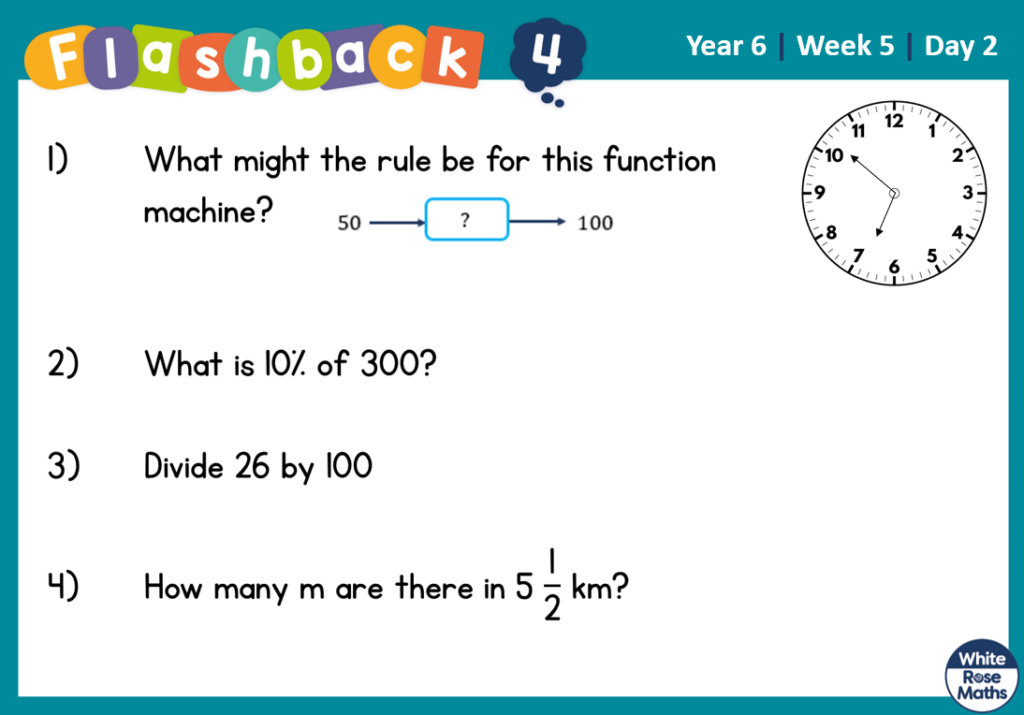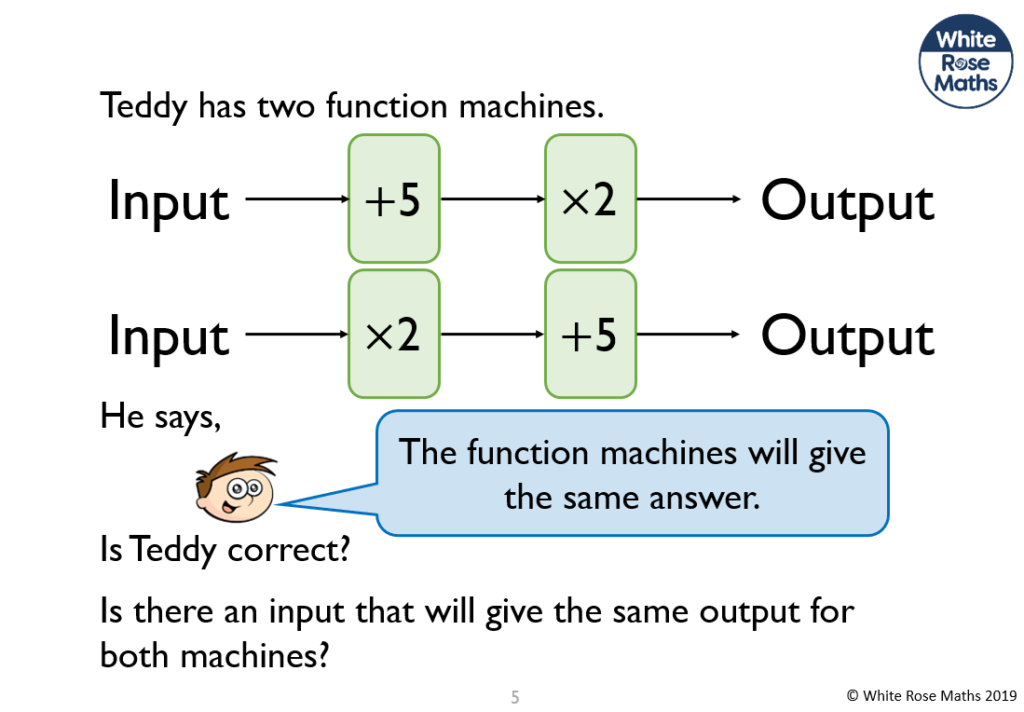Thursday 28th January 2021
| 9:00 | 9:30 | 10:15 | 10:30 | 11:15 | 11:30 | 1:30 | 2:00 | 3:00 |
| English | English Zoom Drop-in | Spelling | Reading | Maths | Maths Zoom Drop-in | Science | Science Zoom Drop-in | Story Time |
Please could I encourage all parents and children to ask if you would like your reading books changed as this can be easily arranged. Also, would it be possible to please send photos of your children’s reading records on a Monday or Friday to show evidence that you/your child has read 3 times that week. We want you to get credit for your achievements!
English
Invite to Join Year 6 English Drop-in Zoom Meeting (09:30)
https://zoom.us/j/99928816013?pwd=TlNZbDlML3psZmJicEFNaGUvbUIrUT09
Meeting ID: 999 2881 6013
Passcode: aQuF3N
Video input to English lesson:
SPaG: Identify the subject and object.
Sentences have at least one main verb and a subject that does that verb, e.g. I (subject) sang (verb).
Sentences are usually longer and include an object, e.g. I (subject) sang (verb) a song (object). Subjects and objects can be long or short as they are pronouns, nouns and noun phrases, e.g. The lazy, old cat with the red
collar (subject) was sitting by the roaring, log fire (object).

LC: To write a letter to a child in 2030:
This week we are trying something different and joining the children of 2020 in a letter writing activity linked to a book by P.G.Bell called ‘The Train to Impossible Places’ . The purpose of the project is to write a letter to a child in 2030, telling them how 2020 was for you, considering the COVID-19 pandemic and its impact.
What was 2020 like for you? What was different? Did you learn new things?
One day the letter you write might help children in the future learn about how coronavirus impacted children today, just like letters from important historical moments many years ago (such as World War I and World War II) tell us what life was like then.
A selection of the letters will be chosen by The Postal Museum to be included in an exhibition, both online and hopefully in real life too!
So this is what I would like you to do today:

Spelling
Here are the spellings for this week:
Mr Emmerson’s Spelling Group: morning, mourning, past, passed, precede, proceed, principal, principle, profit, prophet, develop, dictionary, disastrous, embarrass, environment, equip, equipped, equipment, especially, excellent
(There are a number of homophones in these spellings so please ensure that you use the correct definition for the correct spelling)
Mrs Oakley’s Spelling Group: morning, mourning, past, passed, precede, proceed, principal, principle, profit, prophet, develop, dictionary, disastrous, embarrass, environment, equip, equipped, equipment, especially, excellent
Focus on the spellings from your group and complete the following activities:
Spelling Activity:
Choose 3 – 5 words from our spellings and place them into sentences. Try to choose a range of sentences to do this. Can you use a different sentence each time? You may choose from a range: complex, compound, question, exclamation, multi-clause, speech, simple.
You may want to extend further with a range of sentence openers: prepositional, temporal, -ed, double -ed, -ing, adverbial to name a few.
Finish with a mini-spelling test: take 10 and test yourself in preparation for your spelling test tomorrow.
All of these spellings are on Spelling Shed under either Spring Week 4 Mrs Oakley or Spring Week 4 Mr Emmerson
Reading
A letter from C.S. Lewis
C.S. Lewis was a British author and academic. He wrote many books for children and adults. His best-known children’s books are the ‘The Chronicles of Narnia’, a series of seven fantasy novels. In this abridged version of the letter, Lewis offers one of his fans advice on how to write well.
26th June 1956
Dear Joan,
Thanks for your letter on the 3rd. You describe your wonderful night v.well. That is, you describe the place and the people and the night and the feeling of it all – but not the thing itself – the setting but not the jewel. And no wonder! Wordsworth often does just the same. His Prelude (you’re bound to read it about 10 years hence. Don’t try it now, or you’ll only spoil it for later reading) is full of moments in which everything except the thing itself is described. If you become a writer you’ll be trying to describe the thing all your life: and lucky if, out of dozens of books, one or two sentences, just for a moment, come near to getting it across.
What really matters is:
- Always try to use language so as to make it clear what you mean and make sure your sentence couldn’t mean anything else.
- Always prefer the plain direct word to the long, vague one. Don’t implement promises, but keep them.
- Never use abstract nouns when concrete ones will do. If you mean “More people die” don’t say “Mortality rose.”
- In writing. Don’t use adjectives which merely tell us how you want us to feel about the thing you are describing. I mean, instead of telling us a thing was “terrible,” describe it so we’ll feel terrified. Don’t say it was “delightful”; make us say “delightful” when we’ve read the description. You see, all those words (horrifying, wonderful, hideous, exquisite) are only like saying to your readers, “Please will you do my job for me.”
- Don’t use words too big for the subject. Don’t say “infinitely” when you mean “very”; otherwise you’ll have no word left when you want to talk about something really infinite.
Thanks for the photos. You and Aslan both look v.well. I hope you’ll like your new home.
With love, yours
C.S.Lewis
Questions: (Please make sure that you are aware of the mark weight for each question. If the question gives you 2 marks, it is either looking for 2 different points or 1 point with reference to text to explain your answer)
- What metaphor does Lewis use to comment on the way Joan described her ‘Wonderful Night’? (1 mark)
- In your own words, explain why Lewis tells Joan not to read Wordsworth’s Prelude until she is older? (2 marks)
- Do you think Lewis finds describing “the thing itself” easy or difficult? Explain your answer. (2 marks)
- Lewis advises Joan to avoid: (Circle the correct one) a. repetition b. contradictions c. exaggeration d. ambiguity (1 mark)
- What does the letter tell you about how you should use adjectives in your writing? (2 marks)
- In your own words, summarise the advice that Lewis offers about writing. (2 marks)
Maths
Join Year 6 Maths Drop-in Zoom Meeting (11:30)
https://zoom.us/j/98482430346?pwd=WFBlY1oxMFZEY0NHbE5aMUZabTFNQT09
Meeting ID: 984 8243 0346
Passcode: Kx4NGj
Video Input to the maths lesson:
Maths Meeting:

Maths: LC: Algebra: Forming expressions
Today we continue to look at Algebra as is our focus for the next few days. We are now looking at forming expressions. This is not a particularly easy day and you may need to use the video as a revision form. The video will DEFINITELY help to guide you and explain further so please watch it carefully and return to it as many times as is needed.
You will be looking at algebraic expressions, function machines and the use of bar models. Please ensure that you are comfortable with the focus today and ensure that if you need help not to struggle but instead pop into the Zoom session. It may be just a little thing needed to push you forward.
(For questions 2 and 3 it is asking you to use multi-link cubes. If you don’t have access to these, can you use something else)


Challenge questions:

Science
Join Year 6 Afternoon Drop-in Zoom Meeting (2:00)
https://zoom.us/j/96570610837?pwd=bXNqSWEvcU5NUXo3MGh1NUlObThNZz09
Meeting ID: 965 7061 0837
Passcode: EKX5kf
Video for science session:
Today within science and we are looking at a comprehension style activity to help you further develop your knowledge of this complex subject. Please watch the short video where I will explain today’s focus further.



Story time
Bag for Life by Joseph Elliott
“What’s in the bag?” I ask for the umpteenth time.
Umpteenth…Such a weird word. Ump-teenth, ump-teenth. The image of what an ump monster might look like appears in my head, complete with row upon row of garish teeth. It’s funny how your mind occupies itself when you’ve got nothing to do but walk. I push aside a low-hanging branch so it doesn’t thwack me in the face.
“You’ll find out soon, Amila,” says Dad. His answers are always vague when I ask about the bag. “I’m saving it for when we really need it.” He’s told me that before.
Dad’s been clutching the bag ever since we entered the forest. I’m not sure where or when he picked it up. Its the only thing either of us are holding; we left too quickly to take anything else. The bag is from a supermarket – it’s one of those ‘bag for life’ ones. It’s orange and the writing on it is cracked and faded. The plastic’s too thick to see through.. Trust me, I’ve tried.
There’s food inside, I know that much. It has to be food. Dad says we have to save it for when we are desperate but I don’t know how much more desperate we need to be. We’ve been walking for two days already and all I’ve eaten is a handful of blackberries and some wild mushrooms, which made my stomach cramp.
From the look of its weight and the way the bag swings, I think it’s tins. Maybe tuna or baked beans or spaghetti hoops. Spaghetti hoops are my favourite. On toast, with loads of butter. My mouth starts salivating at the thought of it.
Or perhaps it’s dog food. Right now, I’m so hungry I’d even eat that. I’d probably enjoy it too.
“Can we eat the food yet?”
“No.”
“What about now?”
“No”
“What about now?”
“No.”
That’about the extent of our conversations in the days that follow. My feet are sore, my back aches, my whole body feels like it’s falling apart. We’re never getting out of here.
I keep my eyes on the bag for life as it sways back and forth, back and forth. Maybe it’s not tins. Maybe it’s chocolate or biscuits or…
“Look!” says Dad. “Over there.” There’s a massive grin on his face.
I was lost in my thoughts, I hadn’t even noticed we had left the forest. I follow Dad’s finger and see the buildings. There’s smoke coming out the chimneys.
“People!” I say.
“We’re going to be alright,” says Dad.
“But what about the food?…” I point to the bag. “We never ate it.”
“No,” says Dad. “We didn’t.”
Then he does what I’ve been waiting for him to do ever since we entered the forest; he opens the bag.
I hold my breath and peer inside.
“Oh,” I say, and then I understand.
At the bottom of the bag, smooth and grey and speckled with dirt , are three large stones.
Visits: 61


